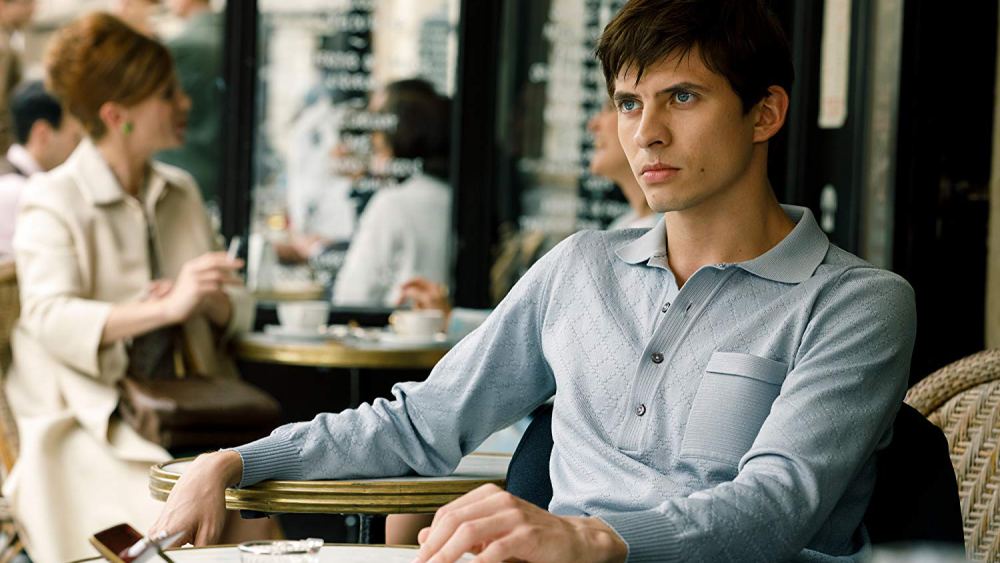The White Crow

19th October 2018 11.30am at Embankment Garden Cinema
21st October 2018 3.15pm at Curzon Mayfair
The term white crow can symbolise a number of things: that something extraordinarily good or exceptionally bad is going to take place in the future as a result of one’s actions in the past, or an individual that stands out because they are unique or act against the grain of the status quo. In his third directorial outing following Coriolanus and The Invisible Woman, Ralph Fiennes harnesses both of these perspective in the aptly titled The White Crow, with particular emphasis on the latter as we explore the early years of Soviet ballet sensation Rudolf Nureyev’s career.
Renowned as one of the greatest dancers of all time, Nureyev’s story is one of determination, perseverance and success. But though he was one of the most celebrated artists of the 20th century, the journey he took to reach his pedestal was less than straightforward. Breaking through onto the international stage during times of uttermost Cold War hostility resulted in a number of preying eyes falling upon Nureyev; he was seen not only as the golden boy that could present the Soviet Union in a good light, but also as a loose cannon who might become accustomed to that capitalist lifestyle of the West, for which the punishment for being a traitor could be far more severe.
Sauntering back and forth across his timeline, The White Crow shows Rudolf’s (Oleg Ivenko) development and maturity as a dancer, and as a young man growing up in the Soviet Union, training under the guidance of his teacher Pushkin (Fiennes), before joining the Kirov Ballet Company to travel abroad to France. A vivacious character, Rudolf wants it all, but remains under the constant watch of Alexinsky (Olivier Rabourdin), even when out partying with acquaintance Clara Saint (Adele Exarchopoulos). Although his talents allow him some slack on the leash, before too long the dancer is under more dangerous eyes and finding the air around him becoming thicker as his KGB minders begin to suffocate his creative freedom.
Ukranian Oleg Ivenko is exceptionally talented, both in the art of dance and acting, so much so we genuinely believe he could be the great Nureyev. Let alone the performer’s breathtaking dancing ability, in his onscreen debut he possesses the arrogance and assertion that encapsulates the personality of the dancer, whilst also displaying his more affectionate and emotional expertise as the picture reaches a pulse-raising climax. Fiennes is conservative in his performance as Pushkin, not to detract from the awesome onscreen presence of Ivenko but to manage his aura as the superior in the room with acute precision.
The movie itself is absolutely gorgeous to look at, shot on 16mm film to reflect not only the time period but expose the raw beauty of the body’s features and its assembly with dance. The White Crow is an intellectual study of the beauty of the human physique, touched with a feather-like brush that accentuates every muscular strain to a state of ultimate appreciation, making every inch of every scene simply “real”. The accompanying soundtrack is a beautiful amalgamation of classical and cultural music, chosen specifically in both scenes of release through dance and of the political history woven into the heart of the story.
Fiennes has directed a strong piece of cinema that carries both historical and political resonance, whilst paying intrinsic attention to some of the most beautiful aspects in film and art. Nureyev would certainly have adored his new biopic.
Guy Lambert
The White Crow is released nationwide on 22nd March 2019.
Read more reviews and interviews from our London Film Festival 2018 coverage here.
For further information about the festival visit the official BFI website here.























Facebook
Twitter
Instagram
YouTube
RSS